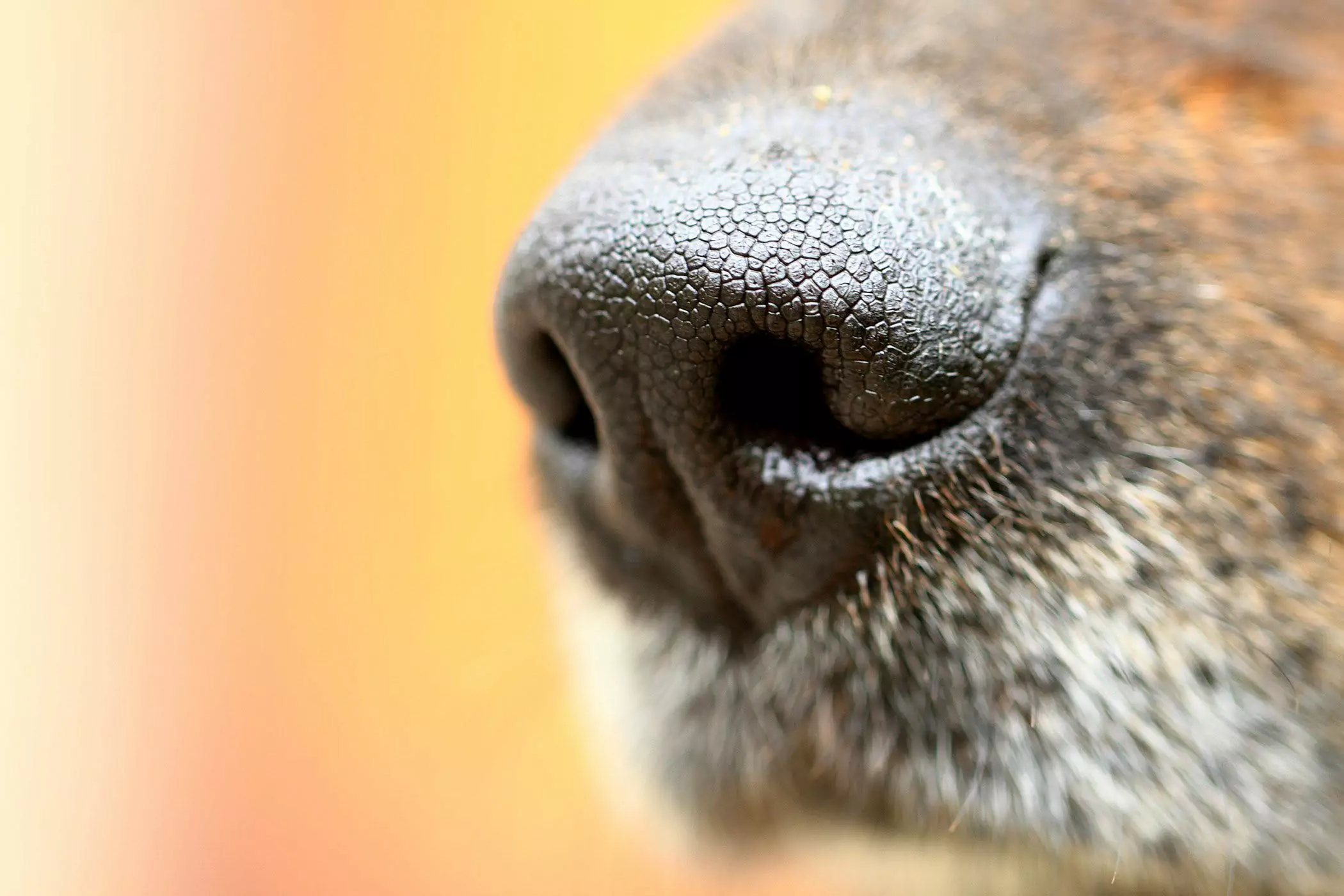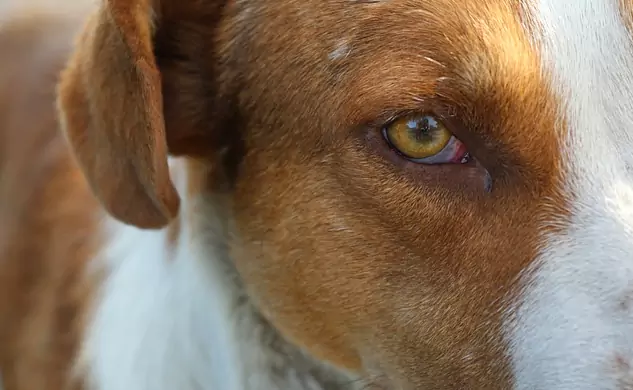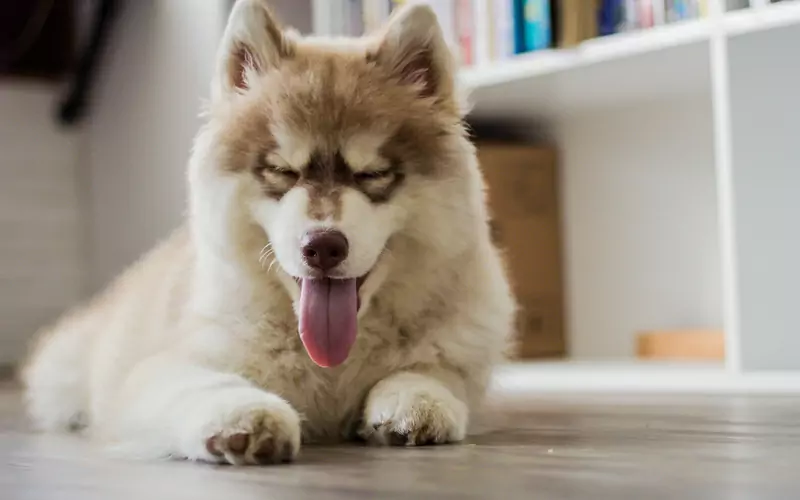Why do cats lick themselves?
2022-07-08
I. Why do cats lick themselves excessively?
If you notice that your cat owner is licking himself more and more often or taking too long to lick each time, don't ignore the problem. When you suspect that your cat owner's grooming routine is becoming less normal, you need to find the reason behind this behavior.
Typically, cats spend 30 to 50 percent of their day grooming themselves. This means that cats spend most of the day grooming themselves, which often leads owners to ignore the problem of excessive cat licking.
There are many reasons why cats lick themselves excessively, such as pain and itching. In the case of a painful problem, the licking is usually more focused on the area. And for itchy conditions, the licking area is usually more extensive.
We call these excessive licking cats "hair harvesters" and the areas of "mowing" often give us clues to disease. These diseases range from parasites in kittens to neurological diseases in older cats, and in fact, many diseases can lead to excessive licking.
Cats may compulsively lick their tails because of fleas, and they may compulsively lick their backs, bellies, or other parts of their bodies because of allergies to pollen or food. Therefore, knowing the real reason why cats lick themselves is the key to solving this problem.
鈶燫easons for excessive licking behavior of cat owners
First, let's talk about "transference behavior". Transference behavior refers to the fact that some cats lick their fur when they are nervous. These cats lick their bodies to reduce their sense of urgency in response to stress.
For example, a cat may engage in this "transference behavior" when it encounters another cat. It seems to give the other cat a hint that "I don't care about your presence. But in fact, they try to calm their sense of urgency by licking themselves and thinking for a short time about whether to run, attack or hide.
This behavior usually lasts only a few minutes, although "transference behavior" is a short-lived behavior. However, if the stressful situation persists, the "transference behavior" can become an abnormal compulsive behavior.
Cat owners love to lick themselves, and they can't stop licking! Is it because the body smells too good? Or is she sick?
Environmental factors are one of the most common factors that cause cats to lick themselves excessively.
Stress in life can force a cat to lick excessively and cause severe hair loss. Owners may notice their cat licking the fur on their belly, chest, back, or legs, and some cats may even "pull" the fur out with their teeth, causing skin damage. This kind of excessive licking is more common in young female cats.
鈶edical reasons for excessive licking by cat owners
The most common medical cause of excessive licking in cats is skin allergy. Some cats may suffer from a condition called allergic dermatitis. There are many causes of allergies and the allergens may be parasites (fleas are the most common), food, dust, pollen, or mold.
Allergies can be uncomfortable for the cat, it can make the cat feel itchy and the cat thus has to lick the itchy area.
The fundamental way to treat allergy symptoms is to find the allergen and eliminate it. For example, if a cat is allergic to fleas, then you need to eliminate all fleas from the cat's living environment and give the cat regular flea prevention dewormers.
Wounds and infections are also a cause of excessive licking by cats. If a cat is bitten by another animal or cut by a sharp object, it will constantly lick the injured area because of the pain. They will keep licking themselves and licking the fur off without stopping.
Wounds can occur anywhere on the cat's body but are commonly found on the paws, face, neck, and lower part of the cat's body.
Other medical causes of excessive licking in cats.
Anal gland infections are also a common problem, and they can lick near the rectum because of an anal gland infection.
Cat moss, can cause localized hair loss on the cat's body. Cats can lick themselves excessively due to cat moss.
Parasites. Mange mite infection is a serious skin disease that causes severe itching problems. There is also a genus of mites of the genus Chytrid mite that can also cause itching and hair loss in cats.
Feline eosinophilic granulomatous complex. Eosinophilic granulomatous complex (EGC) is an inflammatory response disease commonly seen in cats. This disease occurs in three forms, painless ulcers, eosinophilic hemiplegia, and eosinophilic granuloma. It causes excessive hair loss in cats.
How to help a cat in a "licking frenzy
鈶燱hat should we do if the cat is licking excessively due to environmental factors?
If the cat is licking excessively due to environmental factors, there are simple and effective ways to relieve the cat owner's anxiety.
If possible, we want the pooper scooper to be as gradual as possible when changing the cat's living environment. If you are moving to a new home, you can put some familiar items in your new home (such as the nest where your cat often sleeps or the cat climbing frame where it often climbs), the familiar smell from these items will calm the cat's heart.
More importantly, let the cat feel that you still care about it. No matter how much the living environment has changed, you still love it.
Spending 10 to 15 minutes a day playing with your owner will stimulate their mental world and lead to more pleasure.
Most cats love human interaction. Find out what your cat owner likes, whether it's a hug from you or a miniature toy that can be used to relieve their stress as long as the cat likes it.
One final note is that if the cat is too stressed, then it may need to be treated with the help of some anti-anxiety medication. At this point, it would be wise to seek the help of your vet, who will recommend the right medication for you to use.
Cat owners love to lick themselves and when they do, they can't stop! Does the body smell too good? Or is it sick?
Just like people biting their nails, the act of licking their fur may contain an element of pleasure that relieves stress and in turn reinforces the behavior because of this pleasure element.
As a result, the cat owner's excessive licking behavior may become a habit that sometimes continues for some time after we find and address the cause of the illness. Usually, the cat owner's excessive licking behavior will be relieved within a month.
鈶hat should we do when disease factors cause excessive licking by cats?
If you suspect that the disease is causing your cat to lick excessively, the best thing to do is to take her to the vet. Doctors may take some of the following measures or recommendations.
Ask about your cat's medical history. If you can provide your doctor with a thorough history of your cat's illness, he or she will be able to make a better judgment about excessive licking. This information includes whether the cat has a certain disease, what medications you gave the cat before coming to the hospital, what treatment measures you took, etc.
The doctor will thoroughly examine the cat owner's body, especially the areas of hair loss. and assess the extent of hair loss and skin damage.
Fungal culture. Dermatophytes are one of the main causes of hair loss in cats. The doctor will select the hair from the lesioned area for fungal culture.
Allergy test. If the cat's excessive licking is related to allergies, then the cat owner may need an allergen test to rule out the effects of allergies.
Skin biopsy. A skin biopsy can help the doctor diagnose the cause of hair loss.
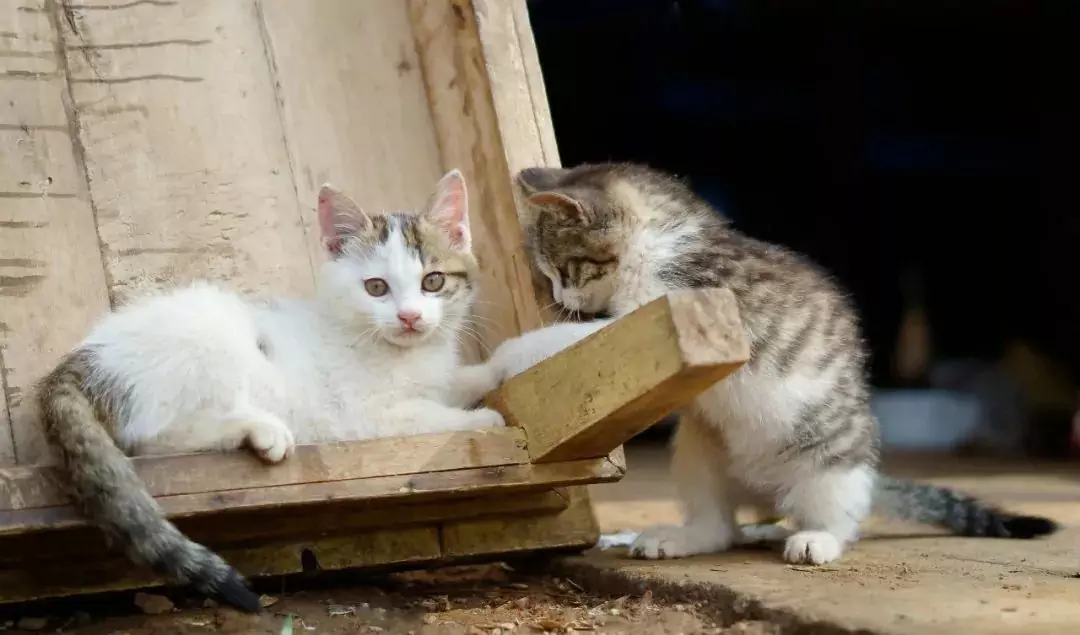
II. 3 Ways to Stop Your Cat from Excessive Licking
When you don't want your cat owner to lick himself excessively anymore, you'll need some extra means to help. Here are 3 common and effective methods.
Method 1: Bandages
If a cat is licking itself excessively because of a wound, it is useful to put a bandage on the wound.
Method 2: Topical products
Some topical products have a special smell, and the special smell will make the cat uninterested in that area.
For example, you can spray a little lemon juice on the wrapped bandage because many cats do not like the taste of lemon juice. However, when you choose to use a topical product on a wound, you should first talk to your doctor.
Method 3: Elizabethan Rings
Elizabethan rings should be the most useful and easiest method. This type of headgear can be very effective in preventing cats from licking their wounds and does not interfere with their daily activities. Although some cats will feel discomfort when using an Elizabethan ring for the first time, they will slowly get used to it.
Conclusion
Excessive licking behavior in cats may stem from disease factors or maybe the result of behavioral factors.
Cats like certainty and predictability in their lives, and change always brings them stress, such as a recent move or getting a new pet. Excessive licking in this situation is what we call "transference behavior," and "transference behavior" puts the cat in a more relaxed state.
Of course, disease factors such as parasites, allergies, wound infections, cat moss, etc. may also cause excessive licking behavior in cats.
However, whether it is due to disease or behavior, solving the problem of excessive licking by the cat owner requires more time and patience from the owner.
Was this article helpful to you?
Other links in this article
English:
Why do cats lick themselves?
Deutsch:
Warum lecken sich Katzen selbst?
español :
¿Por qué se lamen los gatos?
Français:
Pourquoi les chats se lèchent-ils ?
Italiano:
Perché i gatti si leccano?
Nederlands:
Waarom likken katten zichzelf?
Polskie:
Dlaczego koty się liżą?
português (Brasil):
Por que os gatos se lambem a si mesmos?
русский:
Почему кошки вылизывают себя?
日本語:
なぜ猫は自分をなめるのか?
中文简体:
为什么猫会舔自己?
中文繁体:
為什么貓會舔自己?
Comments
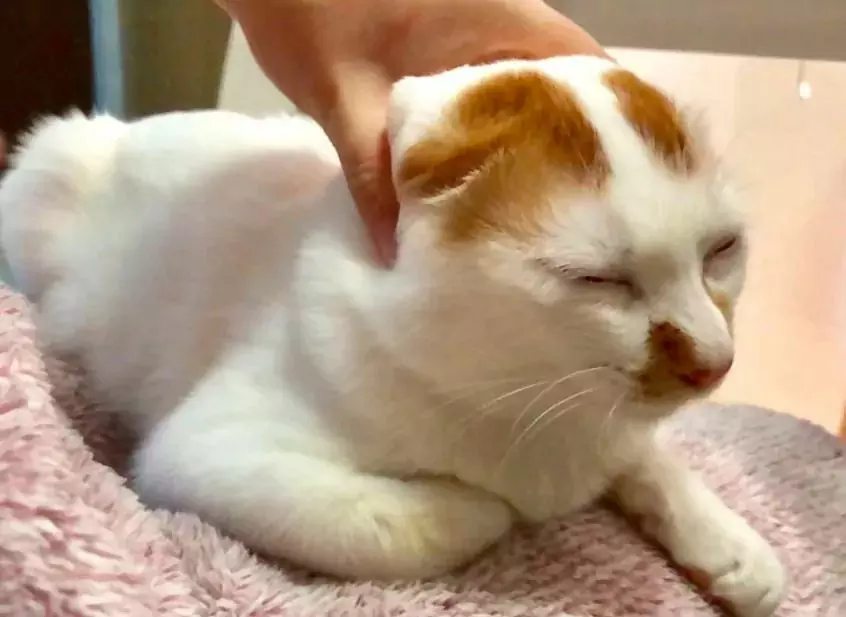
Why do cats sleep so much? How long do cats sleep in a day? Cats' sleep cycles, sleep habits, and dreaming
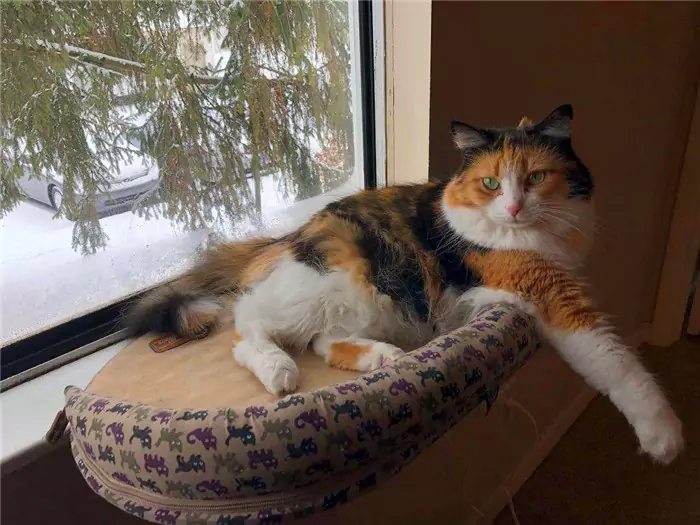
Why is my cat losing its hair?
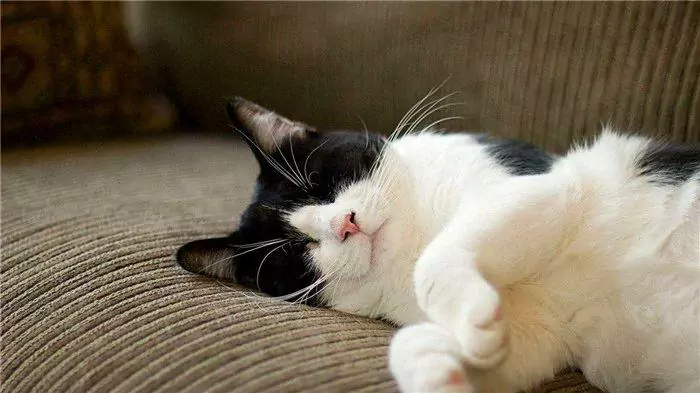
Why do cats purr?
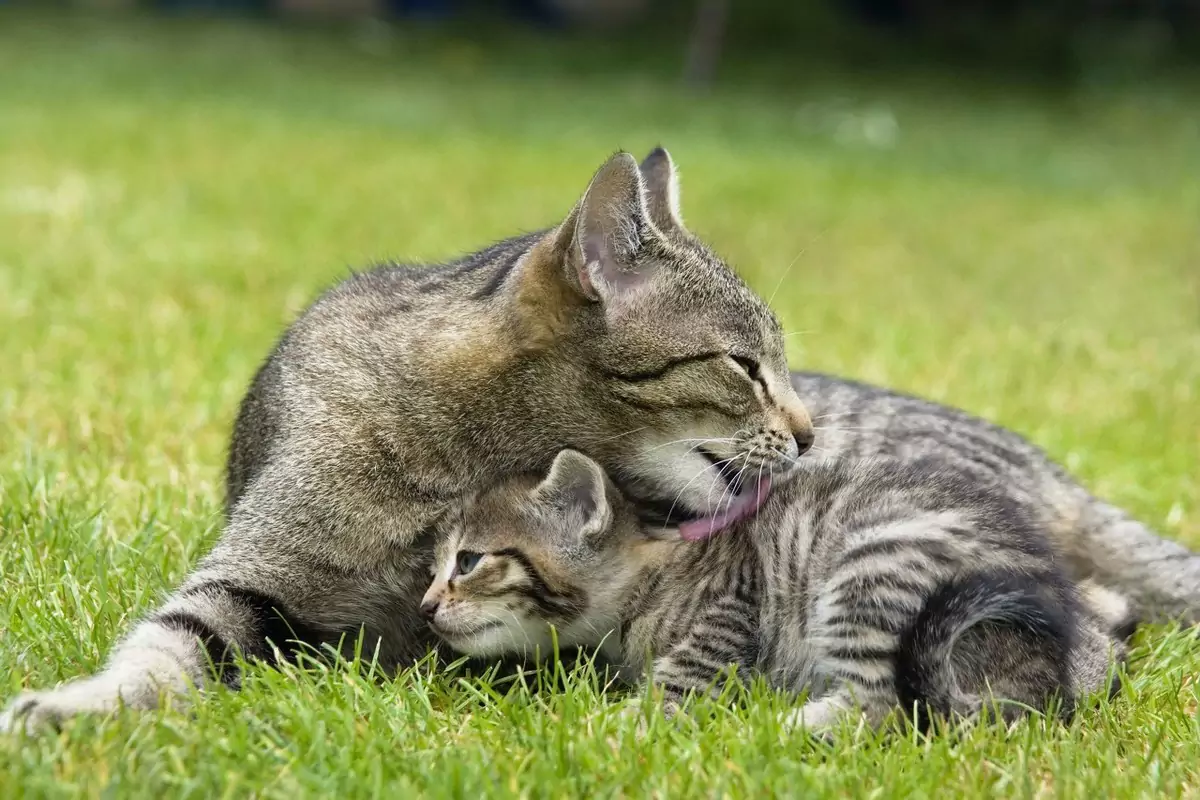
Why do cats groom each other?
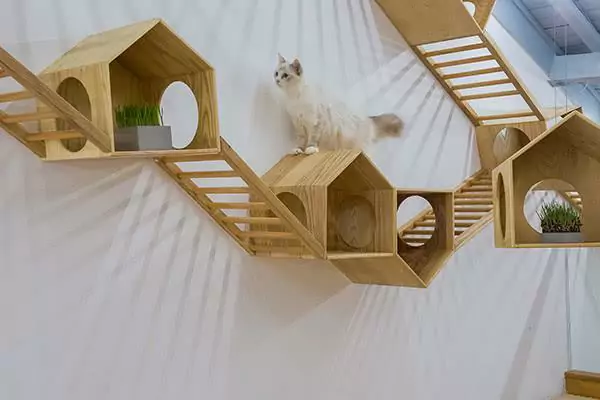
How long do cats live indoors? Do cats get lonely?
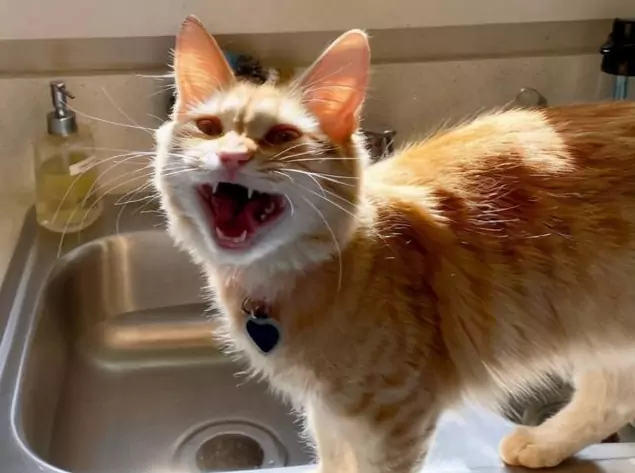
Why do cats make hissing noises? The origin of the hissing sound of cats

Are potatoes toxic to cats? What causes the onset of potato sprout poisoning in cats?
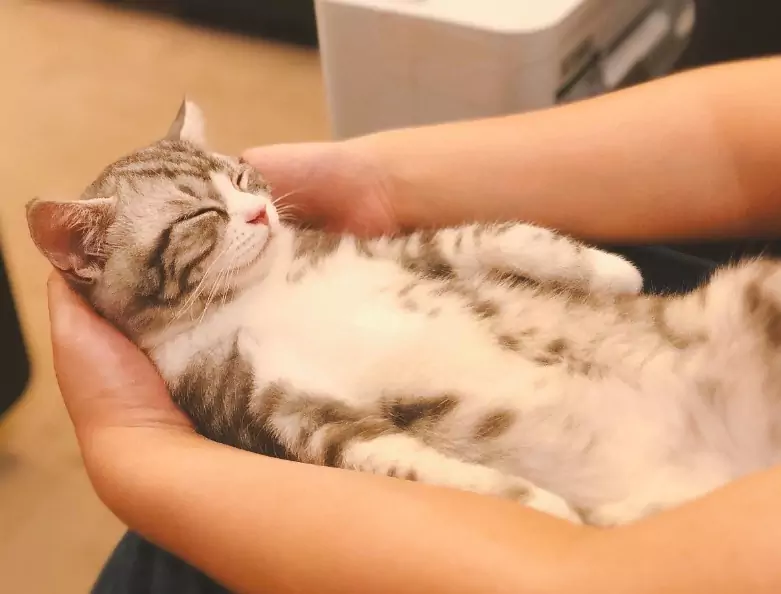
Why does my cat sleep on top of me? Reasons why cats like to sleep next to their owners
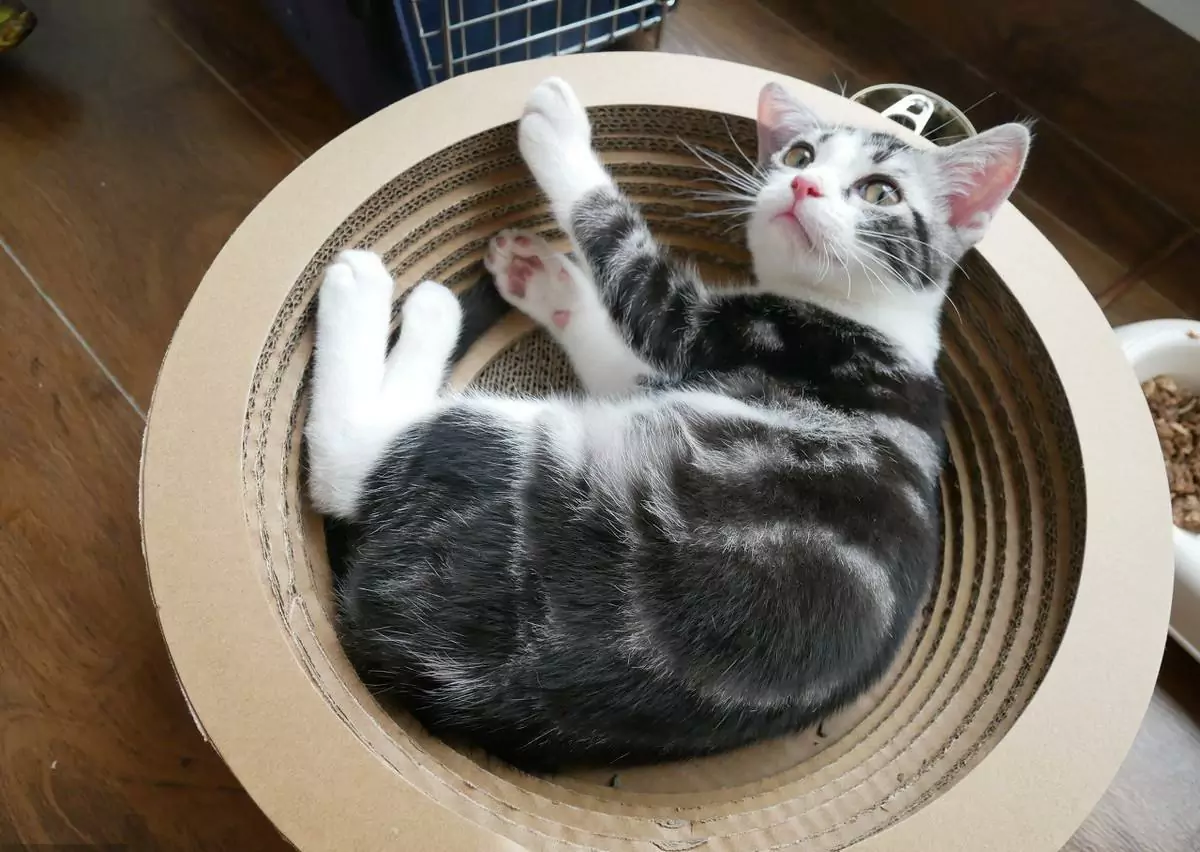
How do make cats like you? How to get cats to like us is quite simple
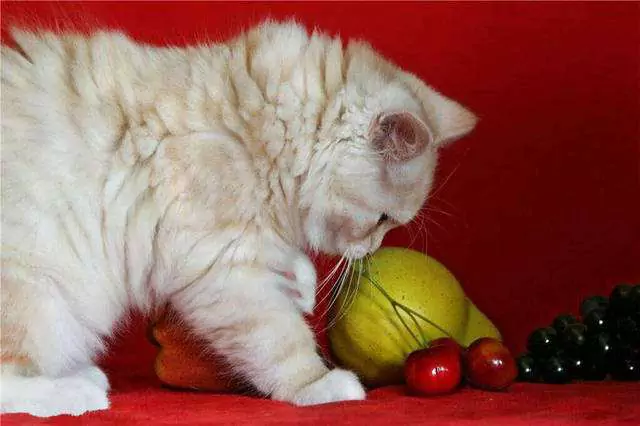
Can cats eat grapes? Why can't cats eat grapes?







